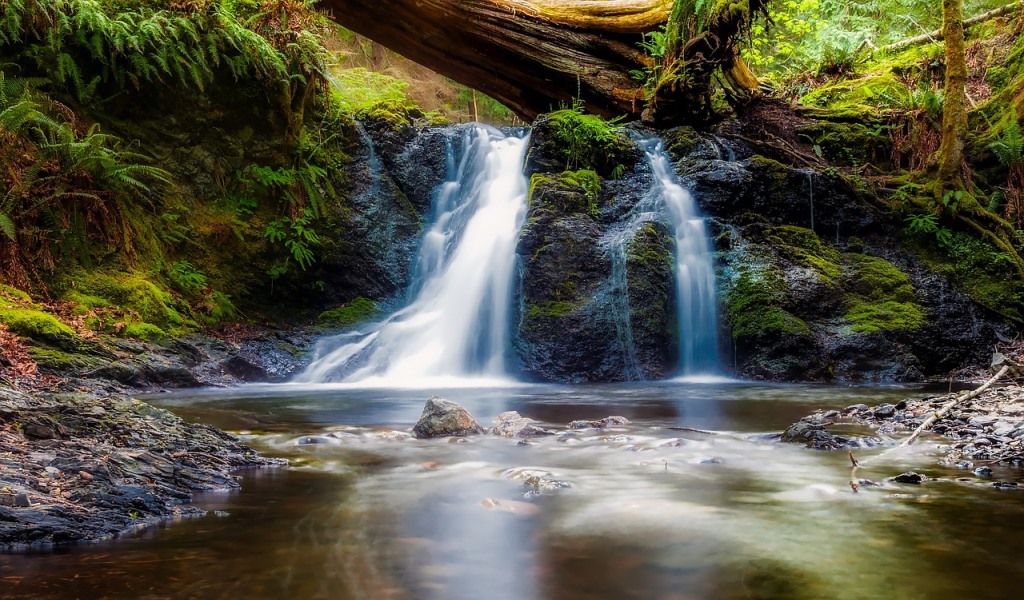The degradation of our freshwater ecosystems is driving a worsening water crisis. This threatens human and planetary health, as well as an estimated $58 trillion in annual economic value.
This is the stark conclusion of a new World Wide Fund For Nature (WWF) report, the High Cost of Cheap Water, which calls for urgent action to protect and restore our rivers, lakes, wetlands and groundwater aquifers.
In other words, the revitalization and resilience of our communities and ecosystems is directly dependent on restoring our watersheds, as first documented in the groundbreaking 2002 book, The Restoration Economy, and more recently in the acclaimed 2020 book, RECONOMICS: The Path To Resilient Prosperity.
Freshwater ecosystems have suffered alarming declines, with one-third of the world’s wetlands vanishing since 1970 and an 83% drop in freshwater wildlife populations.
This crisis has contributed to increasing water and food insecurity, and environmental damage, exacerbating global challenges such as nature loss and climate change.
“Water is one of the cornerstones upon which our shared future stands,” said Dr. Kirsten Schuijt, WWF International’s Director-General.
“Healthy rivers, lakes, and wetlands are essential for water and food security, adapting to climate change, and sustaining biodiversity,” she continued.
The report indicates that direct economic benefits, such as water for households, agriculture and industry, amount to $7.5 trillion annually.
But this pales in comparison to the unseen benefits, like water purification, carbon storage, and defense against extreme floods and droughts, which are seven times higher at $50 trillion annually.
The rapid degradation of rivers, lakes, wetlands, and groundwater aquifers threatens not only these economic values but also the broader climate and sustainability goals.
Unsustainable water extraction, pollution, and climate change-related impacts pose significant threats.
Two-thirds of the world’s largest rivers are no longer free-flowing, and wetlands are disappearing three times faster than forests.
To address this crisis, WWF urges governments, businesses, and financial institutions to invest in sustainable water infrastructure and healthy ecosystems.
Reversing the loss of freshwater ecosystems is crucial, and efforts like the Freshwater Challenge aim to restore huge amounts of degraded rivers and wetlands globally.
“Water and freshwater ecosystems are the foundation of food security, biodiversity, and climate resilience,” said Stuart Orr, WWF’s Global Freshwater Lead.
In a call for supplementing the failed “do less harm” approach of traditional sustainability and preservation efforts in favor of the regenerative approach of restoring existing harm, he called for “Reversing the loss of these ecosystems is key to a more sustainable future for all.”
Photo via Pixabay.

